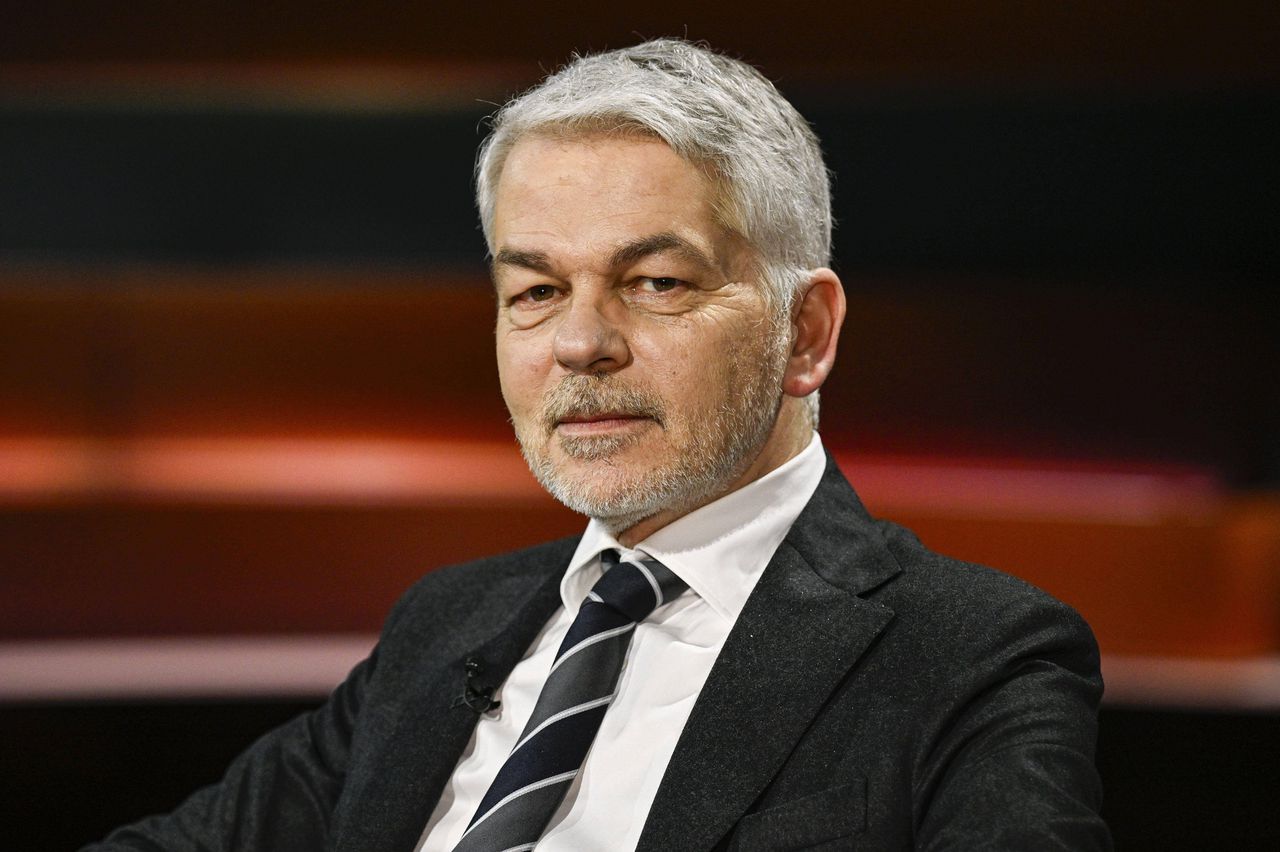Bulgarian knows that parliament chooses dependent people

| Undoubtedly, the renewal of the mandates of the people in these authorities had to happen because we are about to produce an eternal Judicial Council, for example, but the way it will happen is not unimportant. |
Selection of regulators: fast, opaque and not all
| It is noteworthy that the procedural rules for the Supreme Judicial Council and its inspectorate were inserted as a point on the agenda of the National Assembly, but due to lack of quorum were not voted. Sabotage is explained as there is no majority of 160 votes to choose a new SJC composition and the SJC inspectorate, and after the rules are accepted, the deadlines begin to flow. |
There are 53 seats in these bodies, for which 75 people compete (some are candidates for more than one place), making competition of 1.42 people for 1 place. There is a higher competition when looking for sales consultants or workers at a collection. The highest is the competition for the Ombudsman – 6 people compete in one place. The position is hot because the Ombudsman enters the so -called. The « home book » from which the president can elect a Prime Minister, and with the appointment of Orlin Kolev as a constitutional judge, it is almost certain that it will not fall in resolving the pending case.
Although with strong competition, the Ombudsman procedure also seems set, because only 1 of the candidates – Velislava Delcheva, is a party nomination (GERB) and the rest are nominated by civic organizations. Surprises may appear because this procedure is conducted with a run -off and it matters between which two applications the parliament will choose.
| And while parties have a kitchen friction around how to continue these appointments, it is absolutely transparent to people what is happening in parliament. |
With the support of Peevski: Orlin Kolev is the new constitutional judge
In a national representative survey of public opinion, commissioned by the Bulgarian Institute of Legal Initiatives, 82.02% of our society believes that the persons close to political forces will be selected/appointed, 77.21% consider that persons who would serve the interests of the political forces who have broadcast them will be selected. At the other pole, only about one fifth consider that persons will be selected/appointed, who will act independently and by conscience (23.40%) or those with high morals and high moral qualities (22.42%).

| To the question « A person with what qualities would they want to be chosen for these important organs? » – A huge majority wants it to be someone who has integrity, professionalism, independence and public authority. |
The merciless and realistic assessment of the Bulgarian, however, shows that it is most likely to be selected a frame that has no honesty, professionalism and independence, is bound by political and economic circles, but still has some public authority (33.5%). The picture clearly indicates that it is very clear for the Bulgarian that the National Assembly performs a negative selection – instead of choosing the most prepared staff, with proven professionalism and integrity, dependent and loyal people will be selected, for whom society is not convinced that they can distinguish correctly from incorrectly.
Hope sees the society in civil organizations, with the vast majority of those responding (over 90%) believes that civil society should participate in some form in the procedures for the election of bodies from the National Assembly. The most commonly recognized is to grant civil organizations to nominate candidates (over 46%). 22.4% of people want civilian organizations to enable questions and make opinions during the candidates’ hearing, and 24.6% want a committee of independent civic organizations to evaluate the candidates.
| Increased confidence in citizens’ organizations fits into the Renaissance of their support, which is also noticeable in other democratic countries, but as a reflex of declining trust everywhere to the government, business and media. |
Negative selection is a guarantee that these institutions will be of low public confidence – since the expectations are that the constitution phase is defective, it is logical that there is no expectation that they will work transparent, effective and in public interest. 45.5% of people believe that the work of these authorities becomes known to society usually when there are scandals, 39.9% believe that these institutions work in the interest of certain corporations and 37.6% believe that they work in favor of the oligarchy. The general look shows that people accept the institutions for conquered political and economic interests, serving their interests and are generally ineffective in terms of public good.
The Governors sent Vasil Golemansky at the forefront of the Financial Supervision Commission
These data may not be unexpected, but they are beating an alarm for universal degradation of confidence in institutions. Which is completely understandable, since our public life is full of scandals related to the authorities elected by parliament, and among them, the Supreme Judicial Council and its inspectorate lead to scandality.
Politicians in all democratic countries are alike and are tempted everywhere to be found in independent institutions to induce influence. In established democracies, however, these are the exceptions, not the norm. They have established a model of political consensus, in which the understanding that power needs side referees (regulators in some cases have control functions with respect to government and its organs) to build a honest play system – and people with basic integrity are needed.
Who takes the election through the institutions?
Because politicians change and if today people in an institution synchronize their actions with those of power, compromised personnel can be used as a bat against those who have already lost the power levers.











